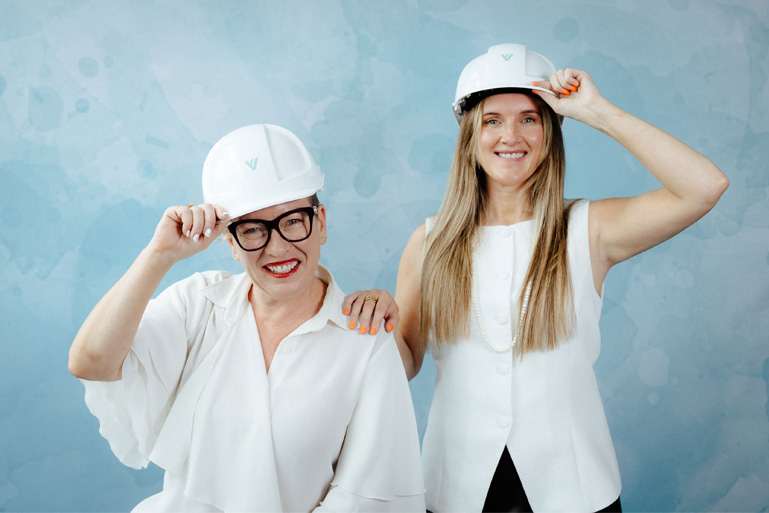Job market got you feeling lost? Traverse the twists and turns of 2024 with our guide.
The hustle is real, but Australians are collectively hitting the brakes. A report out of The Lab, “Slower, Surer, Stronger,” reveals a rising cultural shift towards “The Great Slow Down,” where simplicity, work-life balance, and mental well-being reign supreme.
This blog post dives into the report’s findings and what we can expect from a slow down. Most importantly, it equips you with actionable steps to embrace this change and convince your employer to join the ride.
From hustle to “Slow Down”: A collective shift
Forget the glorification of constant busyness – Australians are hitting the brakes and embracing a cultural shift dubbed “The Great Slow Down.” This isn’t about laziness, but a critical response to rising cost of living pressures that have impacted both how often Australians work as well as their mental health.
The Lab Insight & Strategy‘s The Australia Project’s aptly named report, “Slower, Surer, Stronger,” paints a concerning picture: overall confidence is declining, with cost of living pressures taking a tangible toll on mental health. In fact, a staggering 61% feel the “pace of life is unrelenting,” and three in five see no respite in sight.
Yet, amidst this negativity, a new movement emerges. Australians are challenging traditional markers of success and questioning what truly matters.
Instead of the relentless pursuit of productivity, “The Great Slow Down” prioritises wellbeing, worklife balance and a simpler lifestyle. This isn’t about slacking off; it’s about redefining success. The report reveals a clear desire for change, with a whopping 81% of Australians craving simplicity in their lives.
And – this shift isn’t isolated.
Have you heard of “bed rotting,” “resenteeism,” or “quiet quitting“? These terms, trending over the past year, capture a growing disengagement with the relentless hustle culture. “The Great Slow Down” simply builds on this, offering a collective approach to reclaim a healthier and more sustainable way of life.
But what exactly does the report predict from this slow down?

Embracing a “Slow Down”
The report reveals a rise in values like “comfort” and “confidence,” indicating a conscious shift towards prioritising personal wellbeing.
Expect:
- More people pushing back on the hustle culture.
- People making more time for leisure.
- Australians actively trying to prevent employee burnout.
- A general focus on being content.
And, if “The Great Slow Down” truly takes root, the landscape of Australian workplaces could transform dramatically.
Employees might see a shift towards:
- Greater flexible work arrangements
- Reduced pressure on overtime and presenteeism
- A greater focus on mental health support.
Employers, though initially facing potential challenges in adapting to slower rhythms, could reap benefits like:
- Reduced employee turnover
- Increased productivity due to well-rested staff
- Improved employee morale and engagement.
The potential drawback? A potential dip in hyper-competitive output, requiring businesses to adapt their strategies and redefine success metrics.
Ultimately, “The Great Slow Down” could pave the way for a more sustainable, balanced, and healthier work-life ecosystem for both employees and employers, but its full impact remains to be seen.

Tips to talk to your employer about a “Slow Down”
Now that you know what cultural changes could be coming, the next step is approaching this shift with your employer.
Here’s how:
- Come prepared: Do your research. Share relevant findings from “Slower, Surer, Stronger” or other reports to support your argument.
- Focus on solutions, not just problems: Frame your discussion around how a slower pace can benefit both you and the company, like increased productivity and reduced employee turnover.
- Be specific: Don’t just say “I need more worklife balance.” Suggest concrete solutions like flexible work arrangements (e.g. 9-day fortnights), self-care days, or remote options.
- Find allies: Talk to colleagues who share your concerns and approach your employer together.
- Start small: Don’t expect drastic changes overnight. Begin with small, achievable requests and gradually build momentum.
By embracing this cultural shift and advocating for change, we can all work towards a healthier, more fulfilling work environment where both productivity and well-being are valued.





